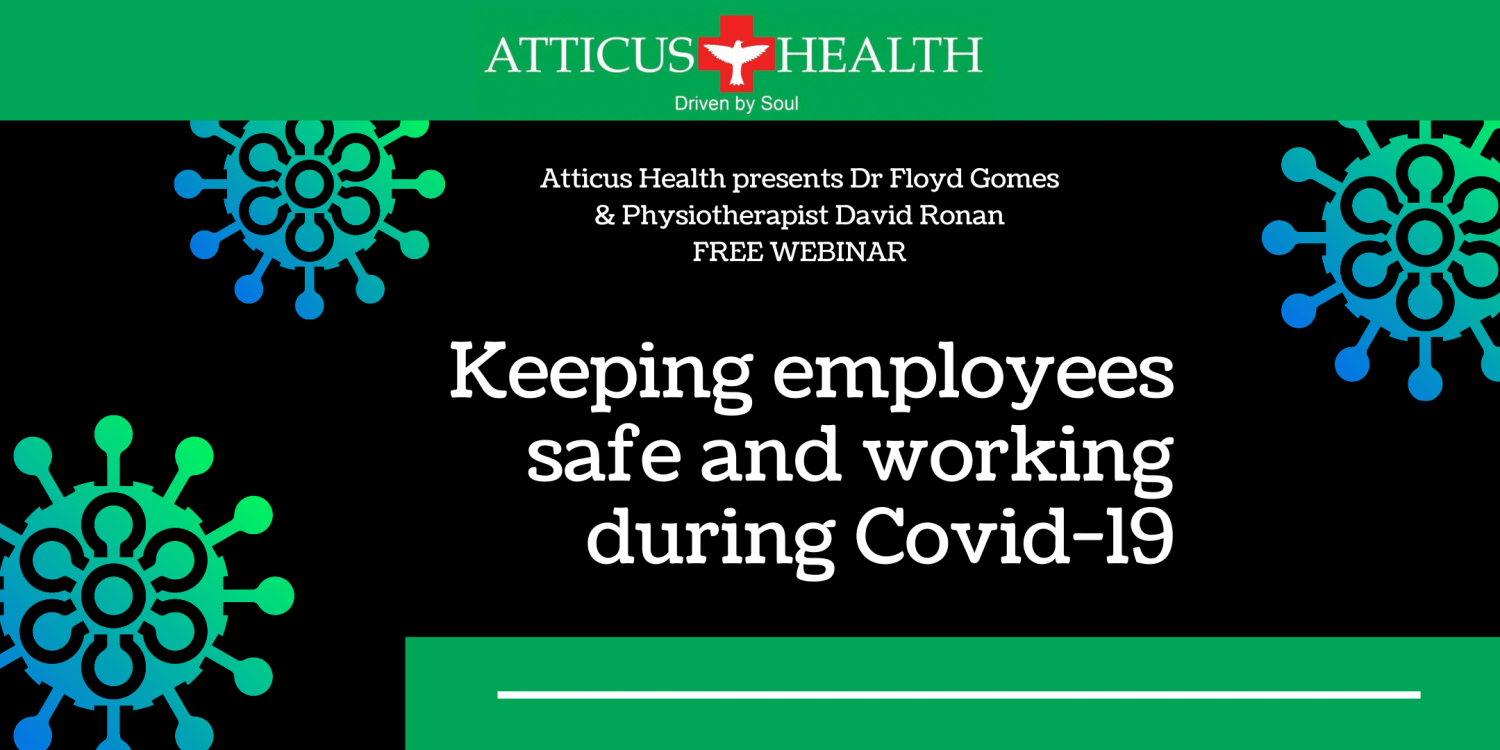Warning – I’m going to save you from a dolled-up article and write what I know in plain/crass English. Feel free to leave now.
As a business owner I’ve had to become “resilient” over the years. And, as a doctor, I would love to help bolster other people’s “resilience”.
What is resilience? It’s an unfortunately popularised term which basically describes keeping it together when the “**&%$ hits the fan”. I say unfortunate because, the fact is, life is full of ups and downs, and resilience is about being able to deal with the downs. Unfortunate, yet TRUE that how we deal with the downs in life is possibly the greatest measure of our success. Let me explain.
I once worked for a bank and I still remember getting a free hat which had the slogan “Create the Future”. WOW. I loved that slogan. I thought it meant, if I believed enough, then things would go my way. That I could really control the outcomes of my life. Perhaps most of them. Then I had a string of troubled relationships which left me sitting by the beach in a parked car night by night looking up at the stars saying “WT….”. Nothing’s in my control after all.
Of course, I still liked the idea “create the future”. That stuck. But how?
So how did I become resilient?
1. Accept Randomness
I accepted that life is RANDOM. So last year this time – what were you doing? What colour/ pattern face mask did you have? That’s right – life is random. And although right now, we could say – randomly “bad” perhaps, but nevertheless, around the corner, there could be something “randomly good” about to happen. You just don’t know. I’m not a superstitious person, but this randomness could be summed up as “luck”. Good luck and bad luck. It does exist. The thing is though, when we get good luck, we often take credit for that feeling “I’m so smart, I planned that” as if good luck had nothing to do with it. Yet when we get bad luck we say “damn, that was bad luck”. A very one-sided appreciation and acceptance of luck. So, we never quite appreciate our good luck. Maybe, when things go your way, have more parties and recognize how much good “luck/ the random alignment of circumstances” likely had to do with it. One note here – there is a saying which I have up on my wall which reads – “The harder I work, the luckier I get” – Samuel Goldwyn. That is also true.
2. Be Process Driven
Focus on your PROCESS. If life is random, can we really control the outcomes – NO. Can we work hard à la Samuel Goldwyn and improve our “process” of what we do ALL the time, striving for betterment – YES. But the point being, never beat yourself up about what ultimately happens. As a practical example of this, I test patients for COVID-19. At every minute of that job, I am constantly trying to improve my attention to detail regarding infection control. Always trying to improve. Attention to detail. However, despite all of this, I could still get COVID-19. If I did, I wouldn’t beat myself up because I know I’m trying my very best with my process. The final outcome beyond this fact, I know I can’t fully control.
3. Develop Positive Thinking
The power of positive thinking. As part of my focused psychological strategies course, we discussed “automatic thoughts”. Now this is a very interesting concept. The point being, when we interact with the world around us, our first thought is almost “hardwired”. Someone says something to you and you take immediate offence. Did you choose to? How did it happen then? Basically, it’s a philosophical question whether you are actually in control of the first thing that comes into your mind. I sometimes use this analogy with patients. When you bite an apple, and swallow it, do you actively choose that it goes into your stomach, and then your bowels. Do you say “apple, now enter my bowels”. No, you don’t. So, what makes you so convinced that you actually choose your first thought? Is your first thought really exercising “free will”? Philosophers will describe the “monkey brain” – that’s always thinking like this. I compare the concept of a monkey brain to our first thought. So, the power of positive thinking is just that. When you get a negative rather automatic “first thought”, stop it right there, don’t indulge too much in delving deep into your psyche looking for the reason why it came – it may be a complex abyss. Rather get into the sheer habit of nipping that negative thought in the bud and replacing it with a positive thought. Always look on the bright side of life. It’ll become a habit. Work at first, but an absolute joy beyond. And that leads us to…
4. Maintain Positive Thinking
Be always in TRAINING. They say that an important factor in whether a child develops resilience or not is whether they had a positive relationship with an adult other than their parents. Someone who was a good role model. Basically, I reckon this means that they had someone who, one way or another, may have put them in “training” from an early age. Training to learn how to think positively. Like anything you’re aspiring for, building resilience is a process of lifelong training, rather than a “light bulb” moment as you have a conversation with a counsellor. It’s hard work, but the payoff is well worth it.
5. Grow Through Adversity
How you deal with the negative will define your success. Getting back to the point of resilience, and why I chose to write this article – now, the fact is that it’s not the good times that will define your success in life, it’s rather the hard times. Generally people do the same thing when things go well, they congratulate themselves and maybe have a party (I would encourage you to recognize the part of good luck more though!). But when things go wrong or not to plan – that’s when people separate out. All may have an automatic negative first thought, but some will show resilience and be able to flick that switch to the positive, work harder and in doing so, improve their luck and in reapeating that process tenaciously, over time, remarkably – create their future.
Again, I accept that my tips above probably lack any sophistication beyond the requirements of my own life that have led me to assemble hard-line, practically usable concepts allowing me to make it through the rough and tumble of everyday. Whatever they are, I truly hope the above 5 steps may somehow help you at this time.


